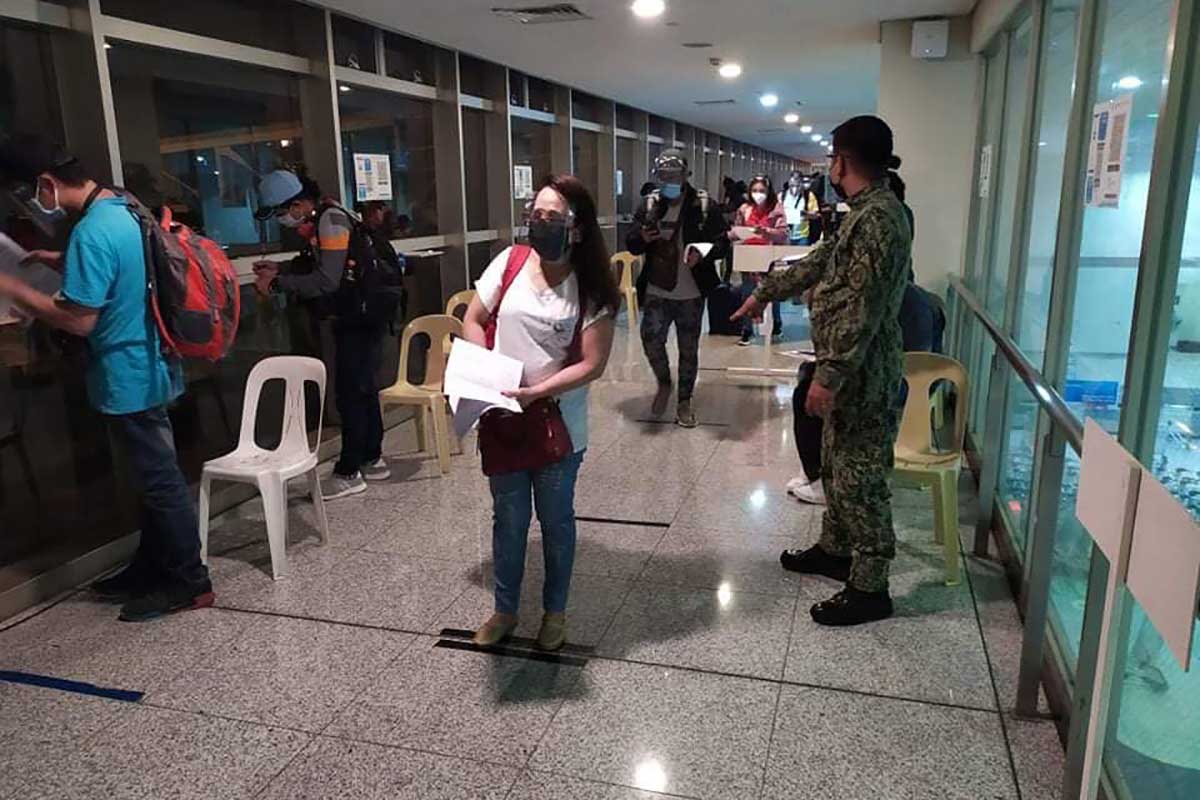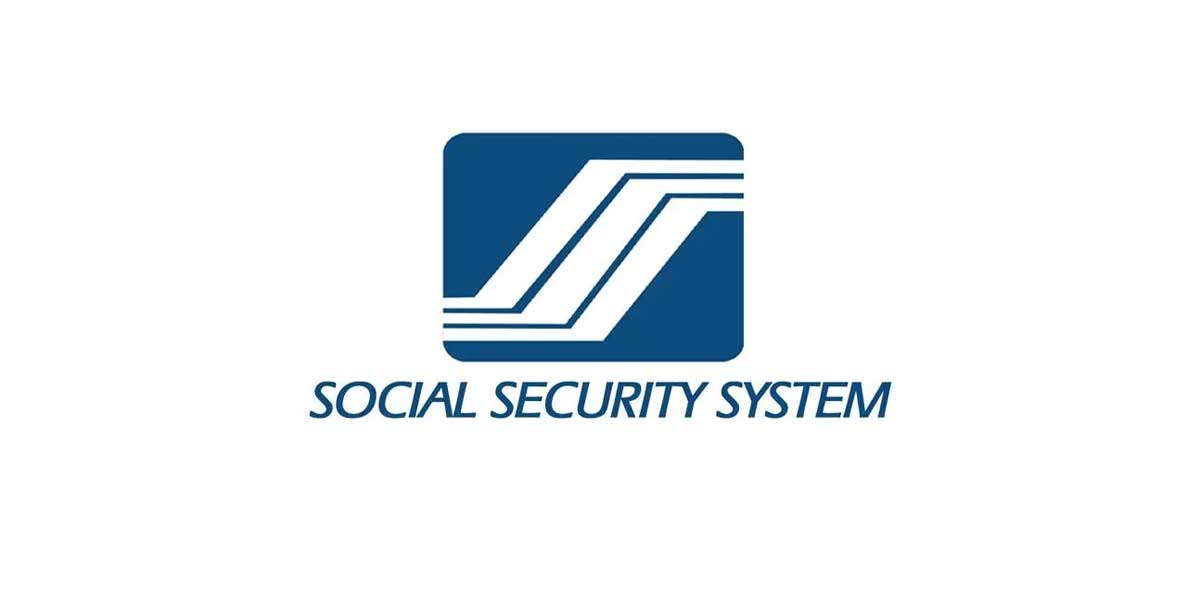
By Joseph B.A. Marzan
Governor Arthur Defensor Jr. said Wednesday that he was confident that Iloilo’s community quarantine (CQ) status will be downgraded from the Modified Enhanced CQ by July 15, despite its ranking as one of the provinces with the fastest growth in coronavirus disease 2019 (COVID-19) cases.
Citing data from the Department of Health (DOH) central office, the Iloilo Provincial Health Office revealed in a Facebook post Tuesday evening that the province ranked fourth nationwide in the number of new cases in the last 14 days with 1,975 cases.
The figures were based on the date of onset of illness or date of specimen collection.
The top five areas include Davao City (1st with 3,163 cases), Laguna (2nd with 2,878), Cavite (3rd with 2,206), and Quezon City (5th with 1,501).
In a press conference on Wednesday, Defensor said that he was confident that the province will not remain under MECQ status. While he did not give any assurance, he said he is open to appealing the new CQ status by July 15.
“We don’t know that yet, but I don’t think [we will remain under MECQ] if you ask me. [We may appeal] if it’s already there, but let’s see first what [the CQ status] may be. We will only know by that point, because our decisions develop on an almost daily basis,” Defensor said.
He added that the provincial government’s Civil Defense Cluster has been training to get used to COVID-19 surges.
“We are making ourselves used to the surges because COVID-19 is the new flu. As much as we want it or not, that is the case. You can ask the question where is the source of the transmission. You can always go out and find out that it is reasonable to assume that it is everywhere. So, we make considerations, and we have to make our systems get used to these surges,” he said.
Defensor also announced that he will issue an amendment to Executive Order No. 222, to allow persons who have been fully vaccinated against COVID-19 to enter the province.
The upcoming amendments will follow Resolution 124-B of the national Inter-Agency Task Force for the Management of Emerging Infectious Diseases (IATF-MEID) issued on July 2.
Section D of Resolution 124-B allows travel between areas with different CQ statuses, by presenting a domestic COVID-19 vaccination card issued by a legitimate vaccinating establishment, or certificate of quarantine completion issued by the Bureau of Quarantine showing a person’s vaccination status.
These requirements shall be alternatives to the Reverse Transcription-Polymerase Chain Reaction (RT-PCR) testing, provided that travelers would still abide by health and exposure screening requirements by the local government units (LGUs).
According to Resolution 124-B, an individual is only considered fully vaccinated two weeks after he or she received the second dose of the jab and if the vaccine administered is one of the vaccines given an emergency use authorization or a Compassionate Special Permit (CSP) by the Philippine Food and Drug Administration or is among those on the World Health Organization’s Emergency Use Listing.
But Defensor said he will “not go into full swing” in allowing all vaccinated persons to enter the province as he will also clarify the protocols with the IATF-MEID.
He cited the concerns of organizations of local chief executives such as the Union of Local Authorities of the Philippines (ULAP) and the League of Provinces of the Philippines (LPP) on the new policy of the national government.
Asked about his personal opinion on the new policy, the governor only said his “personal opinion doesn’t matter”.
“It follows that we will adhere to that. We are just clarifying some things which are also the issues of other LGUs, especially the ULAP. We don’t have standards yet, so with those questions which we can clarify, we will adopt it,” said the governor.
As to partnerships with accommodation establishments (hotels, inns, etc.) as hospital extensions, he said that these facilities are useful if located near tertiary hospitals in Iloilo City. The proposed hospital extensions also require inspection and approval by the DOH.
Defensor also began the hiring of additional personnel for the 13 provincial and district hospitals in anticipation of future COVID-19 surges.
“There are accommodation establishments, but it’s not really the commitment but inspection by the DOH. We are looking for another line of defense. In principle, we want an accommodation establishment that is good, and that will be approved by the DOH and near the tertiary hospitals,” he said.




















